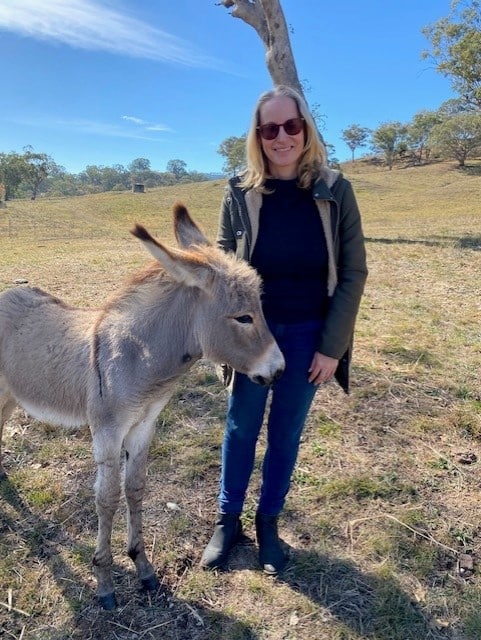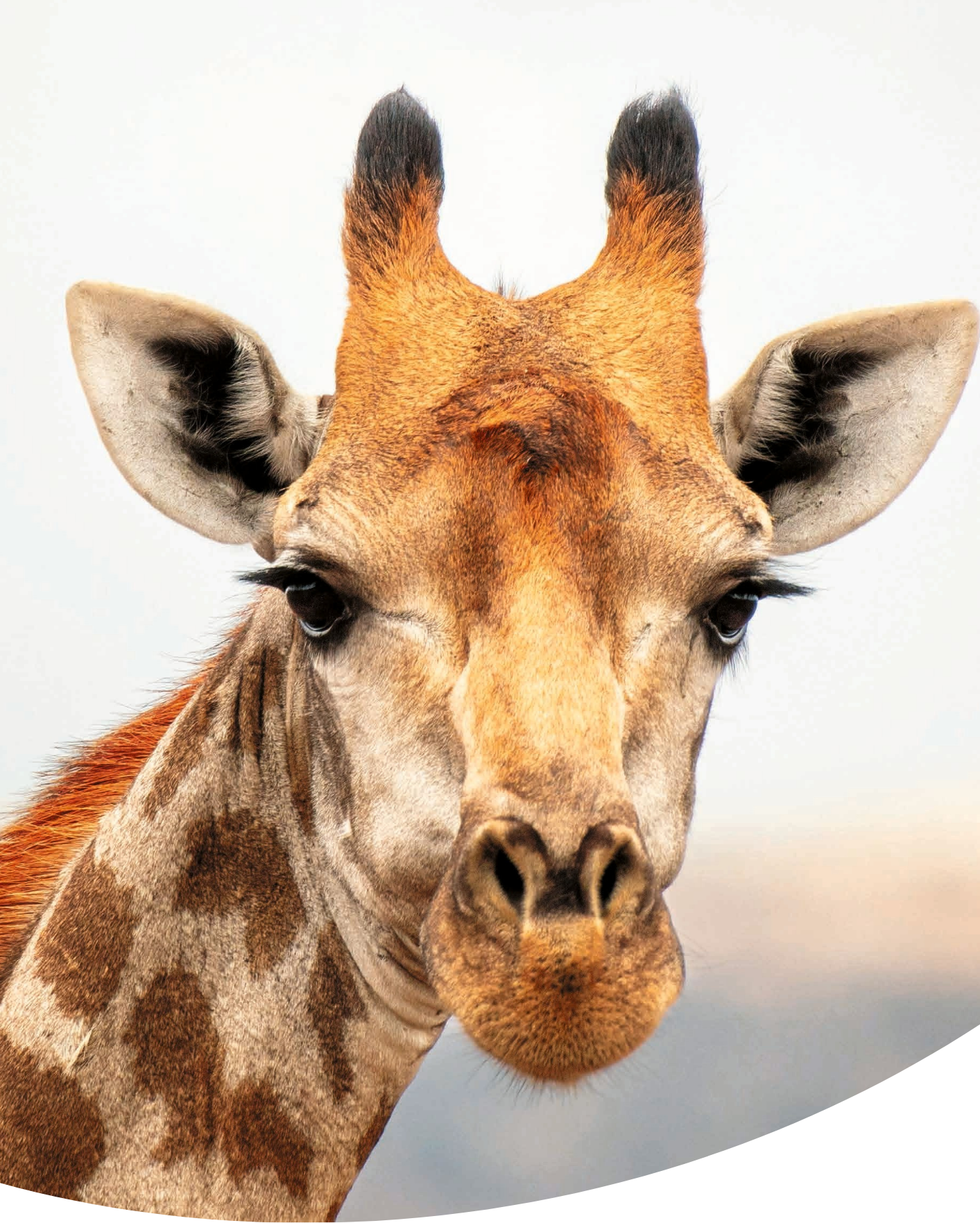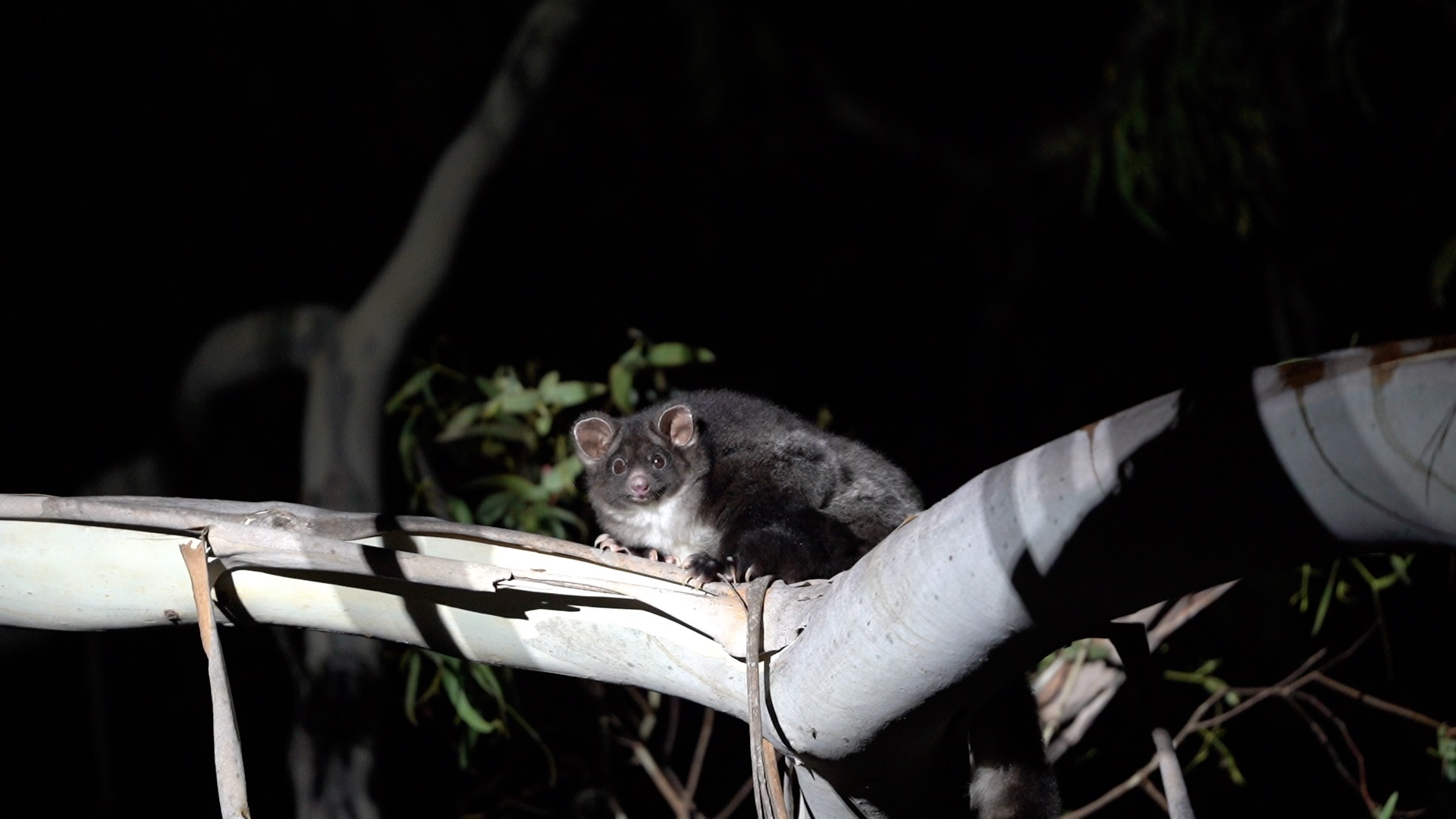Find out more about our work on federal environment reforms, the recent victory in protecting whale sharks, an update on our partner projects and lots more.
Promise for a win-win solution for dingo protection and donkey welfare, written by HSI wildlife campaigner Dr. Louise Boronyak.
When people talk of livestock guardian animals, donkeys are not what usually springs to mind. Yet donkeys are effective guardians for sheep, goats and cattle to proactively protect livestock from predation. This is because donkeys and canids such as dingoes and wolves are natural enemies.
In my role as Wildlife Campaigner at HSI, I identify viable solutions to reduce predation on livestock animals and maintain the important role of dingoes as apex predators in Australian ecosystems. Guardian donkeys are widely used in the western United States to successfully reduce wolf, bear and coyote predation on livestock. Guardian donkeys are just starting to be recognised as fearsome guardians in Australia.
As part of my research, I recently met with farmers near Singleton, NSW to learn more about how both donkeys and dingoes can be saved from culls by training donkeys as guardian animals. I am hopeful that programs that help people adopt wild donkeys from stations in Queensland and the Northern Territory where they are usually culled can create a win-win solution to reduce killing of both dingoes and donkeys, and support healthy landscapes. I interviewed farmers who had brought guardian donkeys into their herd and all had seen a significant decrease in predation (if any at all) as the donkeys maintain a perimeter around the livestock and do not tolerate dingoes near the livestock.
By understanding donkeys’ natural behaviours, we can unlock one of the most underrated yet powerful tools to balance conservation and agricultural interests.
Stay tuned for more as we work to make Australia a leader in non-lethal predator control, which will benefit donkeys, dingoes and more animals.



